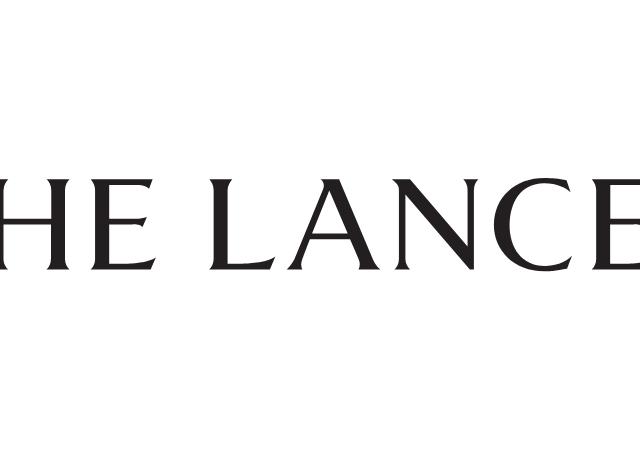Patient safety is the prime objective of early phase trials, which might need to be ranked on the basis of their risk–benefit profile (
figure). Drug development clinicians weigh up potential benefit from novel drugs against toxicity risk, while adhering to complex protocols to ensure accurate data collection pertaining to trial-specific endpoints. The weighing of potential benefit against risk is the cornerstone of translation of preclinical discoveries into the clinic, while ensuring compliance with Good Clinical Practice. When initial reports suggested that patients with cancer were at increased risk of COVID-19 morbidity and mortality, it was imperative that they would be shielded to reduce exposure. As one of the largest oncology phase 1 trials unit in Europe, treating more than 300 new patients on nearly 60 actively recruiting trials per year, we had to employ risk management strategies to safeguard patient safety while ensuring integrity of trial conduct. We made the unprecedented, but necessary, decision to temporarily halt recruitment onto cancer clinical trials nationally in light of concerns regarding intensive-care bed availability.
